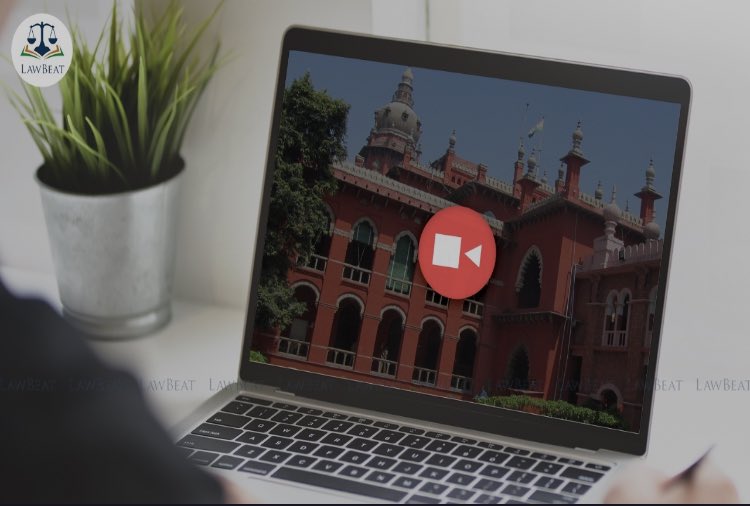"Video Conferencing Is a Rule, Cannot Be Denied": Madras HC to Trial Courts

Video conferencing is presently made as a Rule by the high court and such a facility cannot be denied by any court, the bench observed
The Madras High Court recently said that trial courts cannot deny video conferencing facilities to lawyers and litigants, emphasizing that virtual hearings are now an integral part of judicial proceedings. The direction came against complaints regarding the Special Court for Bomb Blast Cases at Poonamallee, where legal practitioners alleged a lack of infrastructure and refusal to allow virtual participation.
The issue arose during the hearing of a petition filed by Fakrudeen, a remand prisoner incarcerated for over 11 years without trial. The petitioner alleged inhumane treatment, solitary confinement, and deprivation of basic facilities, including access to education. Upon being summoned via video conferencing, he informed the court that prison officials were monitoring him closely, preventing him from speaking freely. Taking serious note, the High Court ordered his physical production for an independent examination.
During his appearance before the bench of Justice S.M. Subramaniam and Justice M. Jothiraman, Fakrudeen claimed he had been subjected to physical abuse and denied even minimal facilities like newspapers and books. The prison authorities countered these allegations, arguing that he had been involved in multiple criminal cases and had caused disturbances within the jail. However, the court reaffirmed that undertrial prisoners retain their fundamental rights and cannot be subjected to degrading treatment.
In parallel, the court addressed concerns from lawyers practicing at the Poonamallee Special Court. Advocates highlighted the lack of drinking water, toilets, and a designated Bar room, making it difficult to function effectively. They also pointed out that reputed lawyers were unwilling to take up cases at the special court due to its inconvenient location.
Observing that video conferencing had been made a rule by the High Court, the bench clarified that no trial court could arbitrarily refuse such a facility. After verifying the existing infrastructure with the Registrar (IT & Statistics), the court found that a fully functional video conferencing system was already in place and instructed the special court to permit virtual appearances.
Recognizing the excessive delay in Fakrudeen’s trial, the High Court appointed senior advocate B. Mohan to represent him and directed the District Legal Services Authority to bear the legal expenses. It also urged the trial court to expedite the proceedings, ensuring a swift conclusion to the pending cases.
While disposing of the petition, the bench reiterated that prison authorities must uphold the fundamental rights of inmates and that prolonged incarceration without trial undermines the principles of justice.
Case Title: Fakrudeen Vs. The Deputy Inspector General of Prisons, Chennai Range and Others
